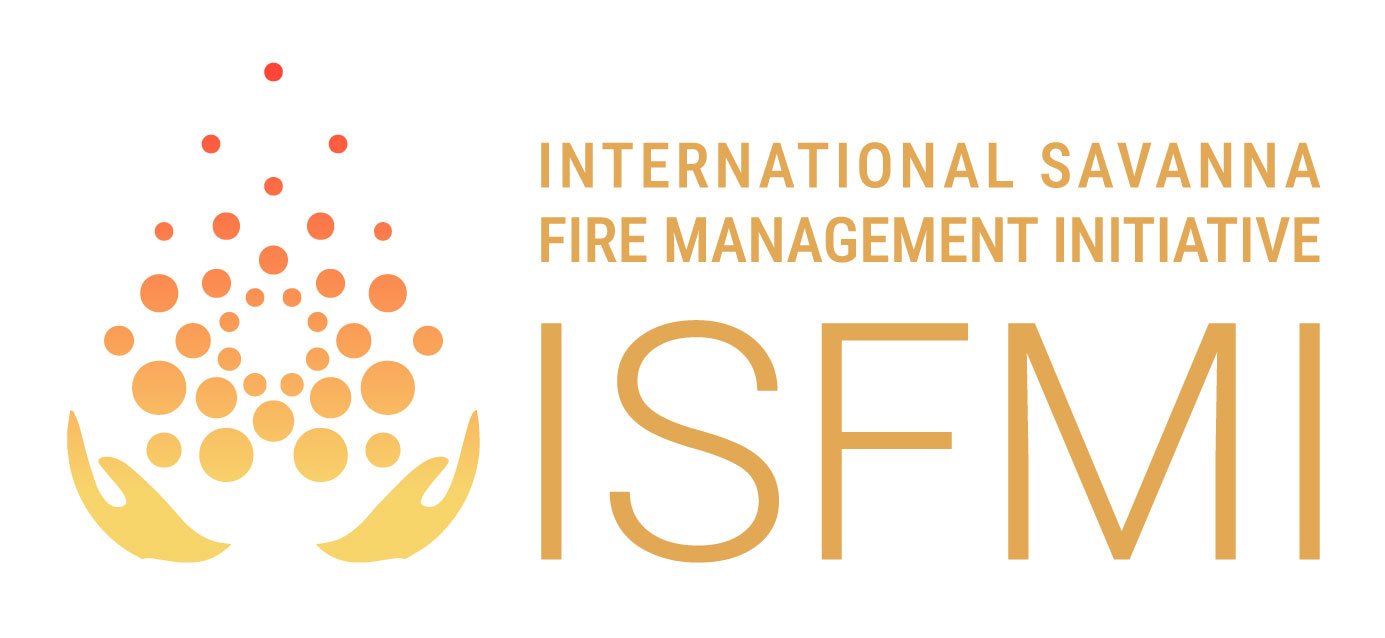ISFMI and FAO Explore the Potential of Emissions Reductions Traditional Fire Management in Angola
Between the 27th June and 10th July 2022 a team from ISFMI and FAO Angola undertook an observational mission in the provinces of Malanje and Cuando Cubango to explore the potential of emissions reductions traditional fire management projects for Angola.
Angola is one of the most fire prone countries on earth and one of those most poised to benefit from emissions reductions and other community and biodiversity benefits through effective fire management.
The team, made up of global experts from ISFMI partner organisations including the University of Lisbon, Global Fire Emissions Database authors from the Vrije Universiteit Amsterdam, NAFI and the Darwin Centre for Bushfires Research, was accompanied by officials from FAO and the Government of Angola.
Starting with an inter-agency meeting in the capital Luanda, the team visited Cangandala National Park in Malanje, meeting with local government, the Parks Director and local communities, before heading to Mavinga National Park in Cuando Cubango Province, learning from agencies, communities and land managers about fire conditions on the ground. Follow up visits in other provinces will take place later in the year.
For further information about the ISFMI’s work in Angola contact secretariat@isfmi.org







